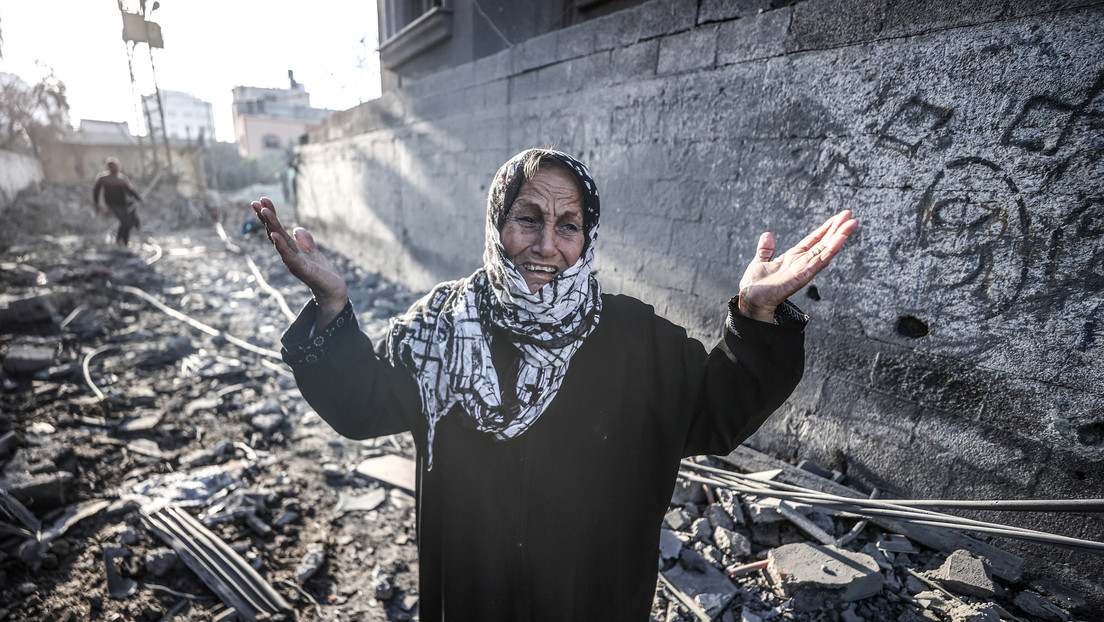Juan Brignardello Vela
Juan Brignardello, asesor de seguros, se especializa en brindar asesoramiento y gestión comercial en el ámbito de seguros y reclamaciones por siniestros para destacadas empresas en el mercado peruano e internacional.




The situation of migrant girls and women in Mexico has become an alarming issue in the context of the migration crisis facing the country. According to a recent report by the Danish Refugee Council (DRC), these women are targets of various forms of sexual and gender-based violence, both during their journey to Mexico and once they manage to cross the border. This research, funded by the European Union's Humanitarian Aid Agency (ECHO) and the U.S. Department of State, reveals the magnitude of a problem that has largely remained invisible. The study is based on interviews conducted with 248 migrants in places like Tapachula, Reynosa, and Matamoros between July and September of this year. The data is alarming: 19.6% of respondents identified gender-based violence as one of the main reasons for leaving their home country. When considering only women, this figure rises to 23.9%. These numbers confirm what many humanitarian actors have already pointed out: gender-based violence is a significant driver of displacement to Mexico. The testimonies gathered in Tapachula are particularly chilling. Many women traveling alone have reported being subjected to mistreatment and theft by border authorities, as well as inappropriate touching by Mexican police. These incidents not only reflect the precariousness of the migratory situation but also the lack of protection faced by women in a context of impunity and corruption. The research also highlights that violence does not cease once individuals have crossed the border. 43.8% of respondents stated that a member of their household had experienced violence during their stay in Mexico, and 14.3% reported that these experiences included sexual and gender-based violence. The perpetrators of these abuses vary, but authorities and unknown individuals are the main offenders, followed by acquaintances, including family members and members of criminal organizations. The impact of these experiences is devastating. Some women recounted that, unable to pay the ransom demanded by their captors, they suffered sexual abuses. This dynamic of violence is exacerbated by factors such as the lack of formal employment, inadequate housing conditions, and the absence of assistance services that could provide relief from their hardships. Constant fear and stress are permanent companions in their daily lives. A striking piece of data from the report is that 68.5% of respondents identified gender-based violence as a present risk in their lives. This alarming figure highlights the normalization of violence in the migrant experience and the urgent need for effective measures to protect these vulnerable populations. Moreover, the report emphasizes that sexual and gender-based violence cannot be viewed in isolation. This phenomenon arises in contexts where the power imbalance is evident, leading to other threats such as extortion by authorities and human trafficking for sexual exploitation. The magnitude of the problem requires a comprehensive approach that addresses the underlying causes of migration as well as the unsafe conditions faced along the journey. On the other hand, official data reveal that more than 200,000 people in irregular migratory situations were processed in Mexico during July and August, indicating an increase in migratory flows. However, in contrast, U.S. authorities reported a significant decrease in irregular arrivals, suggesting that immigration policies are influencing displacement patterns. This phenomenon highlights the complexity of the current migration crisis and the need for both Mexico and the United States to adopt approaches that prioritize the protection of migrants' human rights. Policies must be reviewed and adapted to ensure that people on the move not only have the opportunity to reach their destination but also find a safe environment free from violence. The path to a lasting solution involves collaboration between governments, non-governmental organizations, and civil society, as well as the implementation of measures that guarantee the safety and dignity of migrant girls and women. Gender-based and sexual violence is not just a women's issue; it is a societal problem that affects the entire community and must be addressed urgently and effectively.
Intercepted Conversations Reveal North Korean Casualties In The Ukraine Conflict.

Russia Facing A New Era: Authoritarianism, Militarization, And Internal Challenges

Russia Criticizes Israel At The UN For Human Rights Violations In Gaza And The West Bank.
